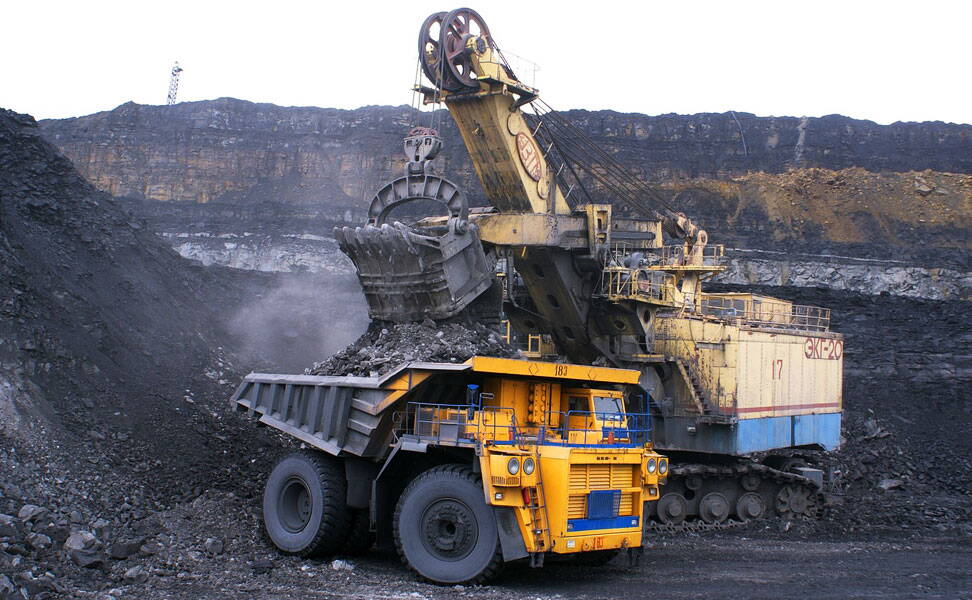Unsere Energieversorgung ist akut gefährdet
Noch haben wir die Wahl
Energie- und Wirtschaftskrise oder rechtzeitiges Umstellen auf eine langfristig gesicherte Energieversorgung mit erneuerbaren Energien.
Fossile Energieträger, insbesondere Erdöl, sind endliche Ressourcen und werden für die Versorgung von künftigen Generationen nicht mehr reichen. Entscheidend ist jedoch nicht, wann das gesamte Erdöl aufgebraucht sein wird, sondern wann es nicht mehr für alle ausreicht.
Die Stiftung «energy for future» unterstützt die Energiestrategie 2050. Diese von der Eidgenossenschaft beschlossene Strategie hat zum Ziel, die Energieversorgung bis 2050 weitgehend ohne fossile Ressourcen sicherzustellen.
Energiestrategie 2050 - sind wir auf Kurs?
Wichtige Ziele der Schweizer Energiestrategie 2050:
eine langfristig gesicherte Energieversorgung mit erneuerbarer Energie bis 2050
Ausbau der erneuerbaren Energien
die Energieeffizienz zu erhöhen
Netto-Null CO2-Emissionen
Der EFF Energie-Monitor zeigt, wo wir mit der Umsetzung der Energiestrategie heute stehen
Mit einem übersichtlichen Energie-Monitor zeigt die Stiftung Energy for Future auf, in welchen Bereichen der Zubau erneuerbarer Energie für die Erreichung der Ziele der Energiestrategie auf Kurs ist und wo Handlungsbedarf besteht.
Erdöl ist nicht erneuerbar.
Umweltverschmutzung durch CO2-Emissionen und andere Schadstoffe.
Abhängigkeit von instabilen geopolitischen Regionen.
Begrenzte und abnehmende Verfügbarkeit (Peak Oil).
Umweltauswirkungen durch Fracking-Techniken.
Steigende Kosten.
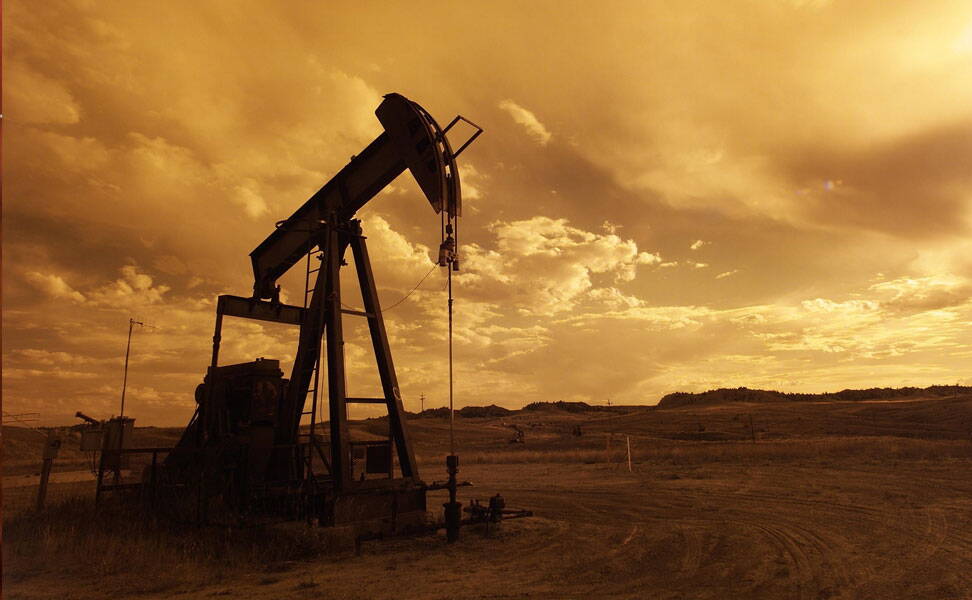
Erdöl deckt heute über 50% des Schweizer Energiebedarfs. Täglich benötigen wir in der Schweiz 38 Millionen Liter Erdöl, das sind rund fünf Liter pro Person und Tag. Das entspricht einer Tanklastwagen-Kolonne von ca. 35 km pro Tag.
Dabei ist Erdöl eigentlich viel zu wertvoll, um es einfach zu verbrennen. Es ist nicht nur die Grundlage für viele Dinge des täglichen Bedarfs – von Medikamenten bis zur Zahnbürste –, sondern auch für Kunststoffe, Dünger und vieles mehr.
Erdgas ist nicht erneuerbar und nicht CO2-neutral.
Abhängigkeit geopolitisch instabilen Regionen.
Verletzliche und teure Infrastruktur wie Pipelines.
Umweltauswirkungen durch Fracking-Techniken.
Steigende Kosten.

Uran ist nicht erneuerbar.
Hohes Risiko bei Störfällen (Tschernobyl, Fukushima).
Radioaktive Abfälle müssen für Millionen von Jahren gelagert werden.
Der Uranabbau führt zu Umweltverschmutzung.
Teure, komplizierte Technik.
Abhängig von Importen.
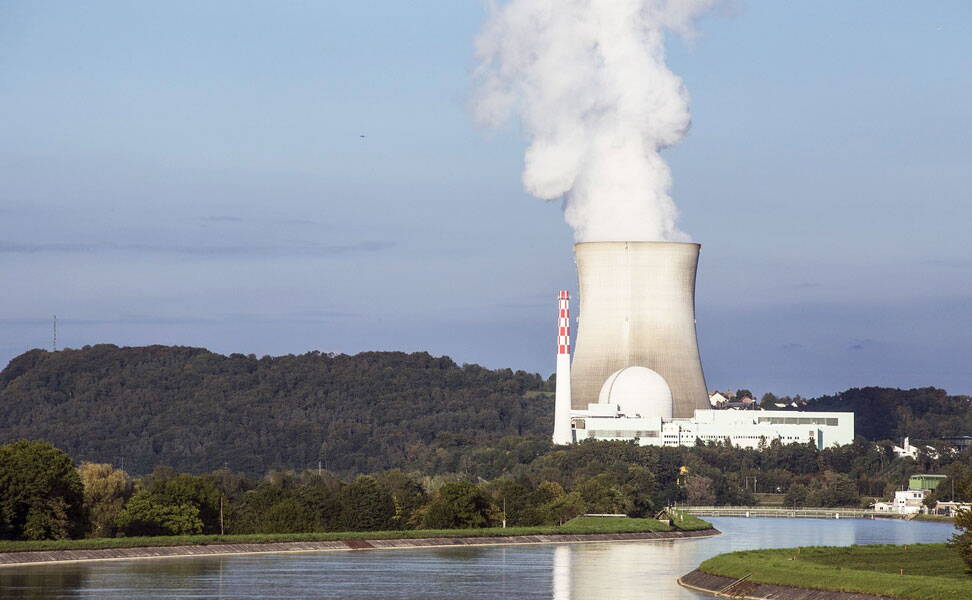
Wasserkraft ist eine saubere und nachhaltige Energiequelle. Wasserkraft ist die wichtige Energiequelle für die Stromproduktion in der Schweiz.
Wasserkraft ist eine wichtige Möglichkeit um Energie aus Wind- und Solaranlagen zu speichern.
Der Bau von Staudämmen und Wasserkraftwerken kann zu erheblichen Umweltauswirkungen führen.
Der Bau grosser Wasserkraftprojekte erfordert beträchtliche Investitionen und eine langfristige Planung.

Sonnenlicht ist eine unerschöpfliche Energiequelle.
Saubere Energiequelle.
Solarsysteme benötigen minimalen Wartungsaufwand.
Reduziert die Abhängigkeit von externen Energiequellen.
Die Energieerzeugung ist wetterabhängig und variiert mit der Sonneneinstrahlung.

Wind ist eine unerschöpfliche Energiequelle.
Saubere Energiequelle.
Windenergie hat in der Energiestrategie des Bundes einen hohen Stellenwert als komplementär Quelle zu Solarstrom, insbesondere für die Energieversorgung im Winter.
Die Energieerzeugung ist wetterabhängig und variiert mit der Windstärke.
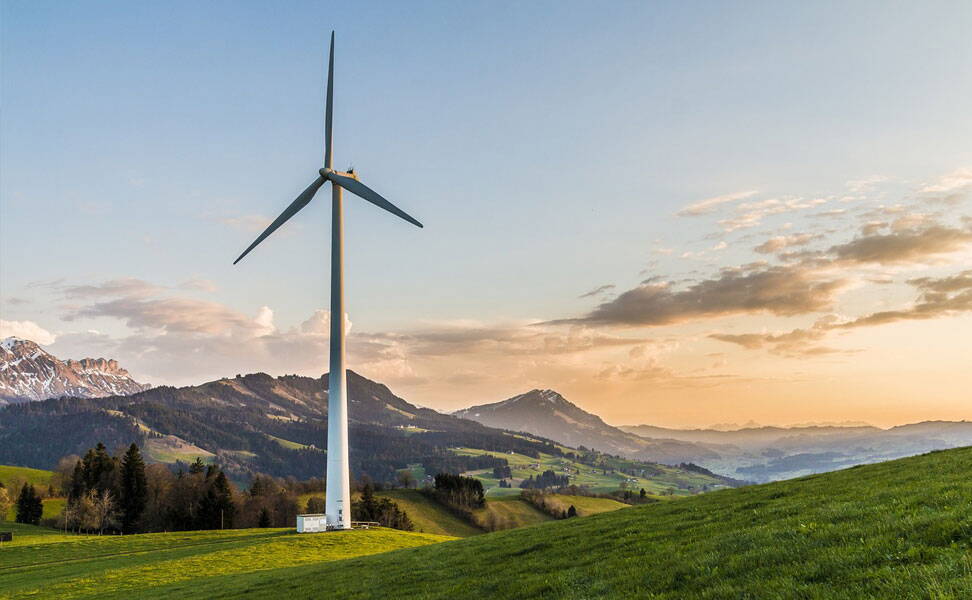
Die Wärme aus dem Erdinneren ist konstant und nahezu unerschöpflich.
Konstante Energieversorgung: Liefert rund um die Uhr Energie, unabhängig von Wetter oder Tageszeit.
Hohe Anfangsinvestitionen: Die Errichtung von geothermischen Kraftwerken kann kostspielig sein.
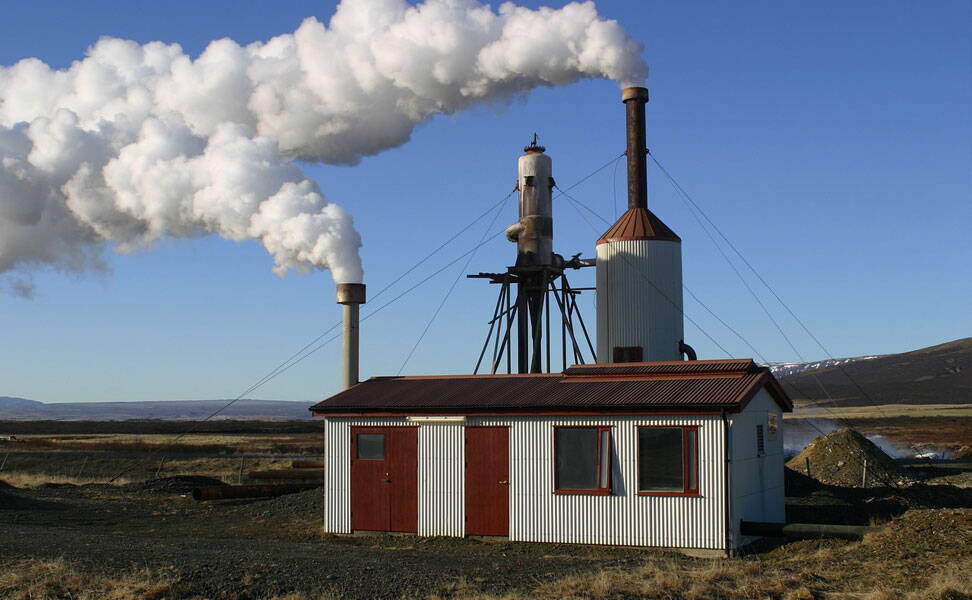
Biogas ist eine erneuerbare, CO2-neutrale Energiequelle.
Organische Abfälle können zur Energieproduktion genutzt werden.
Biogas kann lokal produziert, gespeichert und bei Bedarf genutzt werden.
Der Anbau von Energiepflanzen für Biogas kann mit der Nahrungsmittelproduktion konkurrieren.
Die Verfügbarkeit von Biomasse ist begrenzt.
Die Produktion von Biomasse braucht Wasser und Dünger.
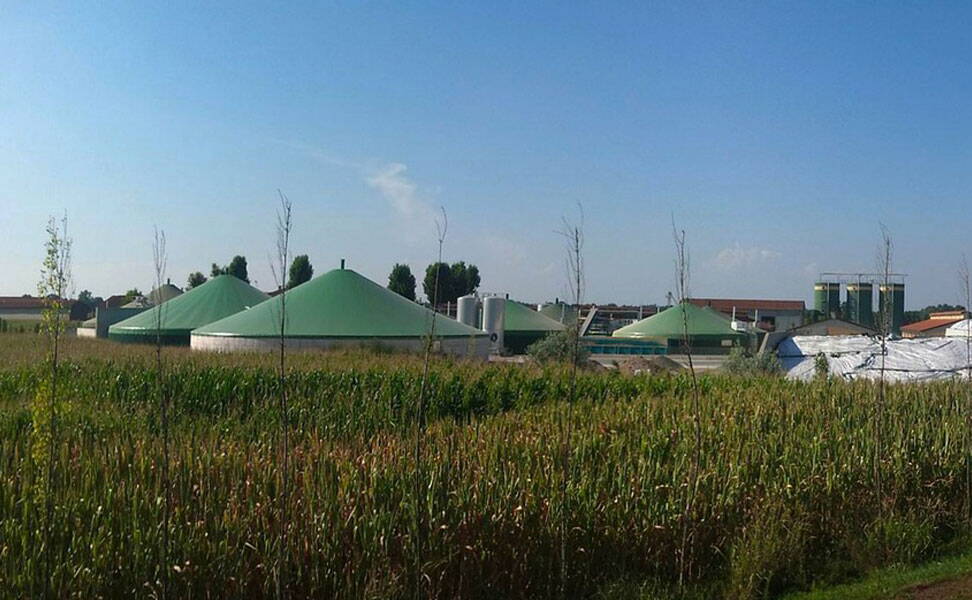
Wasserstoff ist ein möglicher Energiespeicher, für überschüssige Sonnen- und Windenergie zu speichern.
Die Produktion von Wasserstoff verbraucht viel Energie.
Bei der Verwendung von Wasserstoff als Brennstoff entstehen keine CO2-Emissionen.
Wasserstoff hat eine hohe Energiedichte.
Anspruchsvolle Speicherung.
Wasserstoff erfordert besondere Sicherheitsmassnahmen.

Die Energieproduktion durch Kernfusion ist interessanter Ansatz, um eine nahezu unbegrenzte und saubere Energiequelle zu erschliessen.
Realistisch gesehen steht die Entwicklung der Kernfusion jedoch noch vor grossen, zu Zeit nicht lösbaren Herausforderungen.
Kernfusion kann deshalb nicht Teil einer realistischen Energiepolitik sein.



